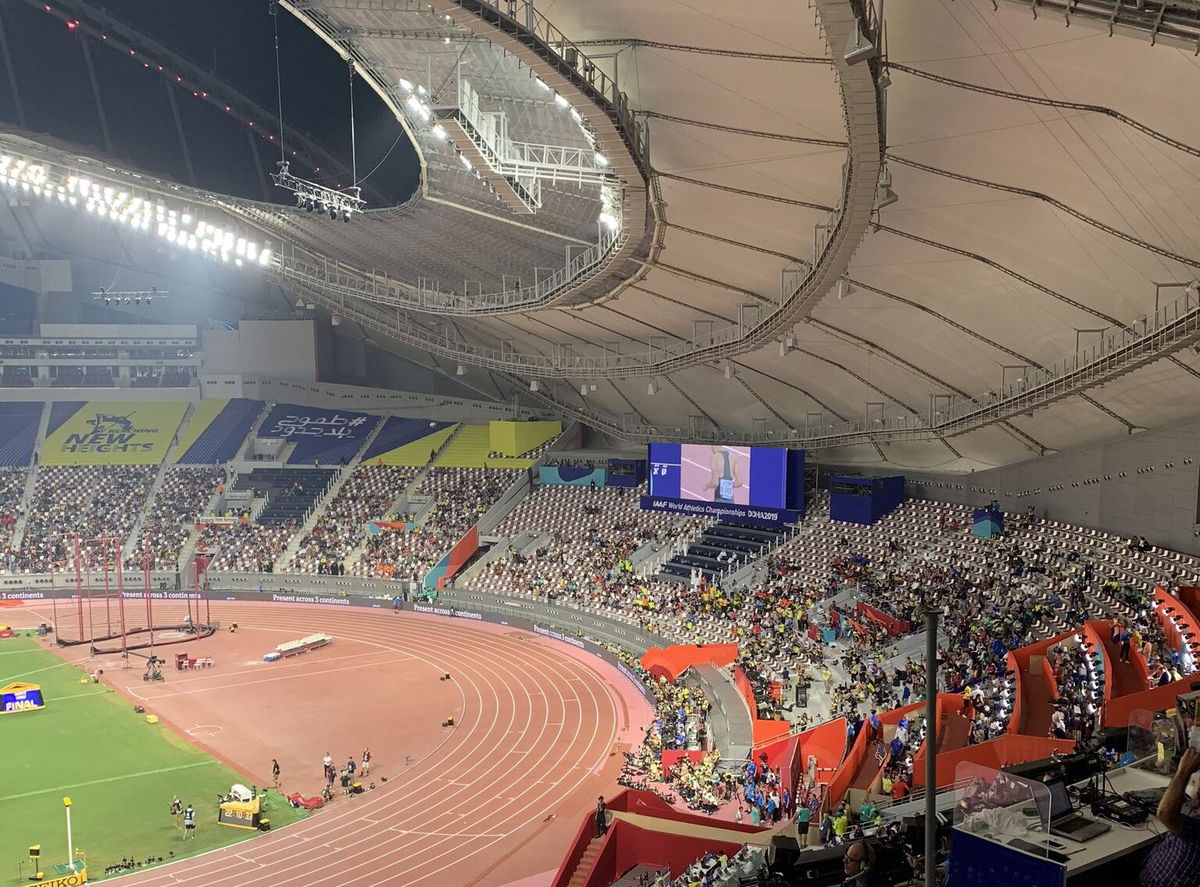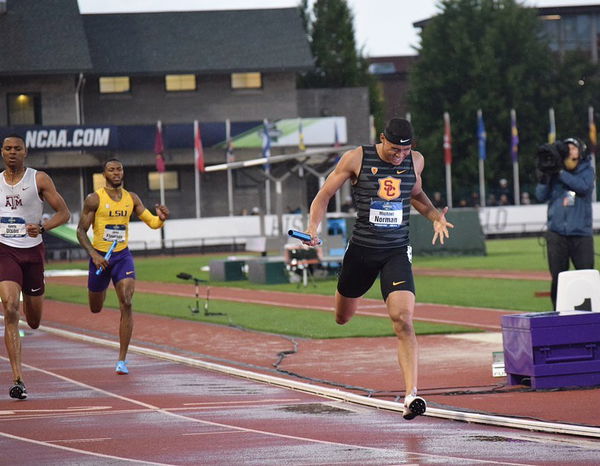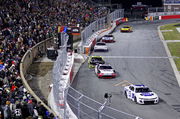

2025 has been the year of college track and field phenoms making it to the big scene. Bayanda Walaza, Brandon Hicklin, Indya Mayberry, and many other NCAA stars are shining at the forefront. But, on the inside, there might be some cracks visible to a few seniors in the business. And this NCAA coach isn’t afraid of calling a spade a spade. So he did. Once again!
Watch What’s Trending Now!
Yes, Vin Lananna, the Virginia track coach doesn’t sugarcoat things. In 2024, he talked about the issues with NCAA track and field, saying that, “we have a lot of things to repair.” To him, college athletics seemed very “transactional.” It’s more of “You do this, I’ll do that. We pay you this, you’ll get that.” But he wanted to maintain that value of track and field. And now, once again he comes forth with a major issue that might hamper track and field’s future. PS: This time, he sounds way more serious.
May 15, Oregon Live reported that college track had always been a major spectator sport, but now? Things are changing. Even regular-season meets are nearly empty at the iconic 12,500-seat Hayward Field. Thus, Vin Lananna sounded the alarm. He said, “Track and field has moved away from being any kind of team sport whatsoever.” He also said that “Our competitions are dreadful. They’re long, drawn out, fragmented, and the modern audience can’t relate to whatever it is we’re doing.” And he isn’t alone in this.
ADVERTISEMENT
Sam Seemes, the USTFCCCA CEO, then described a one-day track and field meet he attended as “mind-numbing.” Despite a few standout performances, it was unscored and dragged on with endless heats. “I’m a huge track fan,” he said, “But I was bored to death.” And well, he might not be alone. For example, the Stanford Invitational ran from 9 a.m. to nearly 11 p.m., with hours of long-distance events. Unless one is a hardcore fan, that’s a tough sell. Meanwhile, college baseball and softball are rapidly rising in popularity because they have faster games and TV-friendly schedules. So yes, track has talent. But if the format doesn’t change, its future might slip away.

ADVERTISEMENT
And that’s not even the whole problem yet. Apparently, another issue with NCAA track and field these days is that college teams are prioritising personal fast times or better throws over winning during the regular season. They send throwers to a throw-specific event, sprinters and hurdlers somewhere else, and distance runners to a distance event carnival in a third place. Thus, the regular season goals have changed to finding places where athletes can score better and qualify for the postseason.
ADVERTISEMENT
Issues like low audience is something even elite track and field deals with, We have seen it at the new celebrity event, the Grand Slam Track too. And the NCAA is just following in the footsteps now. No wonder fans might be migrating from the sport. But this isn’t it. What could potentially be another big problem for NCAA track and field is still under contention: the House vs NCAA settlement. PS: Sam Seems thinks worse can happen should it be inacted.
Track and field veterans opine on the House vs NCAA debate
Back in March, while speaking for Forbes, Sam Seems warned that the House vs. NCAA settlement could strain athletic budgets, cut scholarships, and even threaten the future of some programs. He said, “Our sports are under siege. Not in some distant future, but right now. The threats are real and they’re immediate.” He even said how vanishing track and filed opportunities and fear that other sports might take over could be very real in the future.
ADVERTISEMENT
Top Stories
Drake Maye Reveals Shoulder Injury Update as Patriots QB Announces News On Super Bowl Availability

PGA Tour Split Into Two as Scottie Scheffler Confirms Stance on Patrick Reed’s Return

NFL Sends Muted Warning to Bad Bunny Before Super Bowl Halftime Performance Amid ICE Controversy

Travis Kelce Makes Sporting Return as Teammate Gives Update on Chiefs TE’s Retirement

Tempers Boil Over as Punches Fly in Winthrop vs High Point WBB Game

“Complete Bullsh*t”: Cup Stars Run Out of Patience Mid-Race as NASCAR Clash Turns Into Demolition Derby

On the other hand, Vin Lananna has maintained since 2024 that the House vs NCAA settlement helps “The athletes who have created revenue for the institutions, are now being compensated for it. It’s a natural way thongs should play out. I’m all for the athletes being compensated.” Well, there might be a difference of opinion, but both are concerned about the future of collegiate track and field.
ADVERTISEMENT
ADVERTISEMENT
ADVERTISEMENT